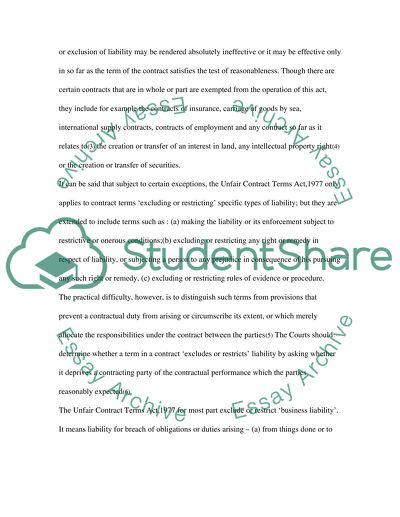Cite this document
(“Contract Law, The Law of Personal Property Essay”, n.d.)
Contract Law, The Law of Personal Property Essay. Retrieved from https://studentshare.org/miscellaneous/1526281-contract-law-the-law-of-personal-property
Contract Law, The Law of Personal Property Essay. Retrieved from https://studentshare.org/miscellaneous/1526281-contract-law-the-law-of-personal-property
(Contract Law, The Law of Personal Property Essay)
Contract Law, The Law of Personal Property Essay. https://studentshare.org/miscellaneous/1526281-contract-law-the-law-of-personal-property.
Contract Law, The Law of Personal Property Essay. https://studentshare.org/miscellaneous/1526281-contract-law-the-law-of-personal-property.
“Contract Law, The Law of Personal Property Essay”, n.d. https://studentshare.org/miscellaneous/1526281-contract-law-the-law-of-personal-property.


